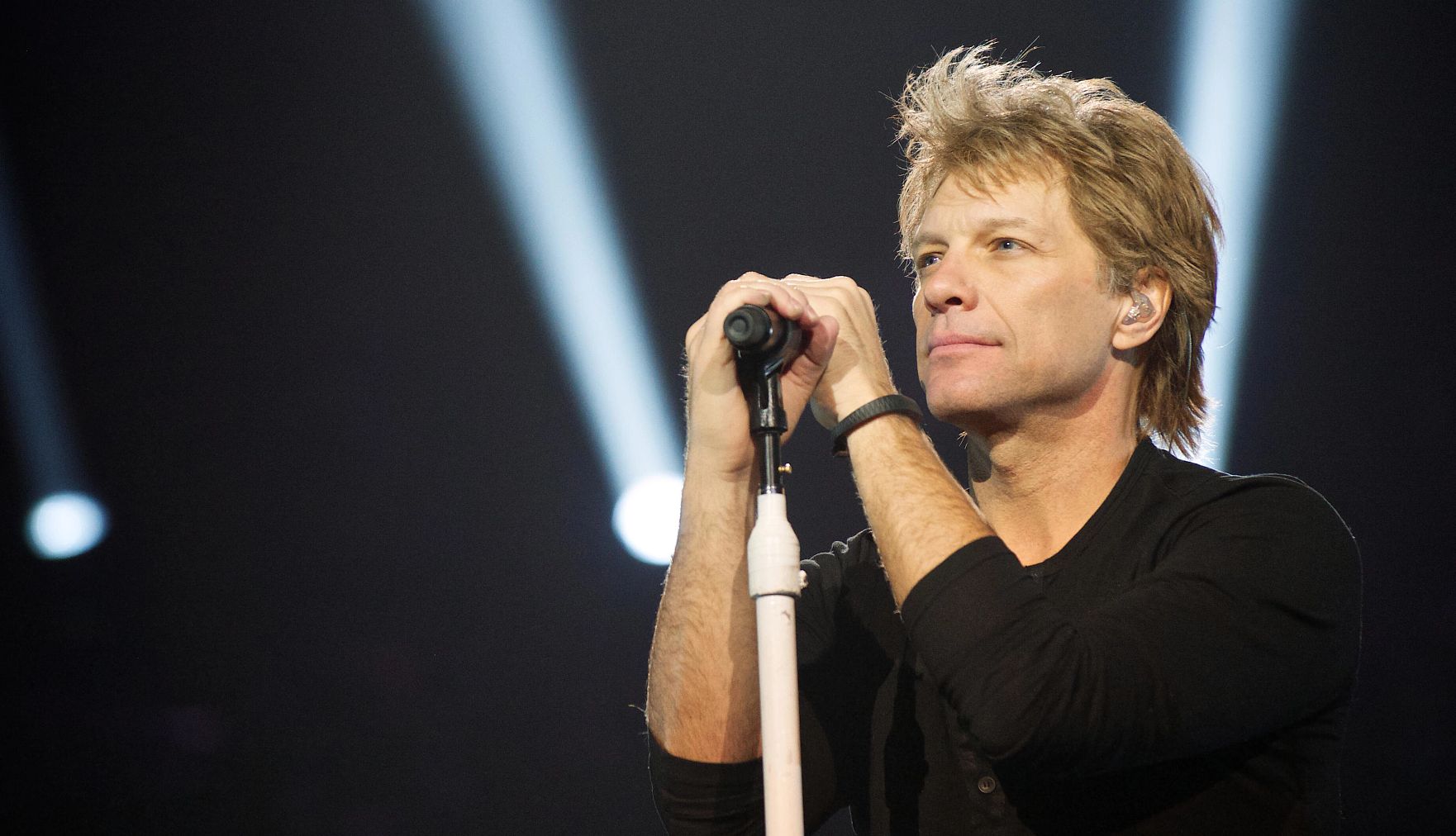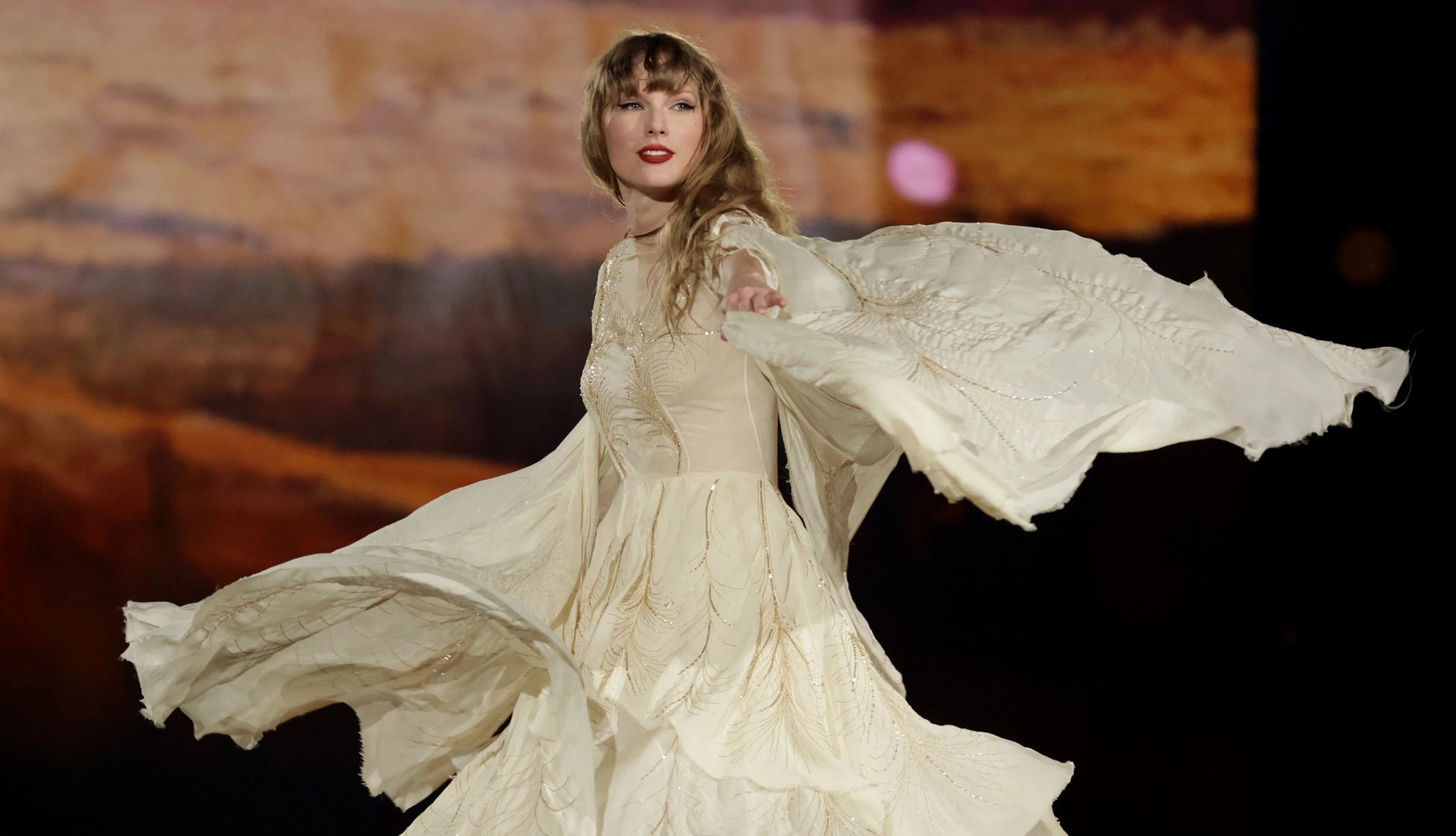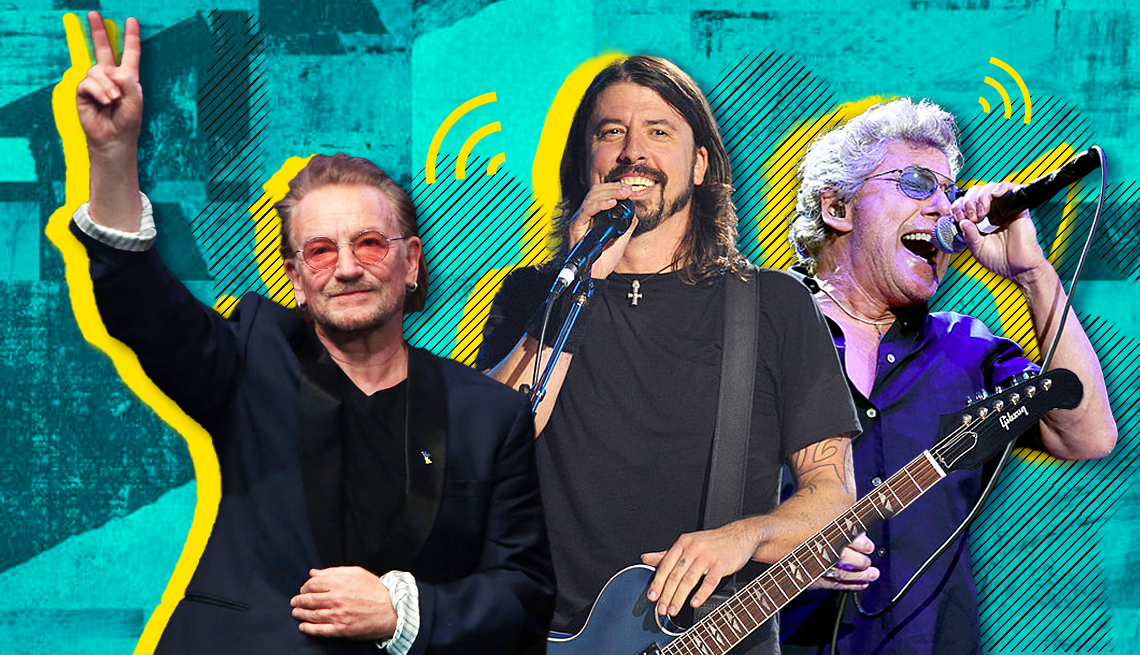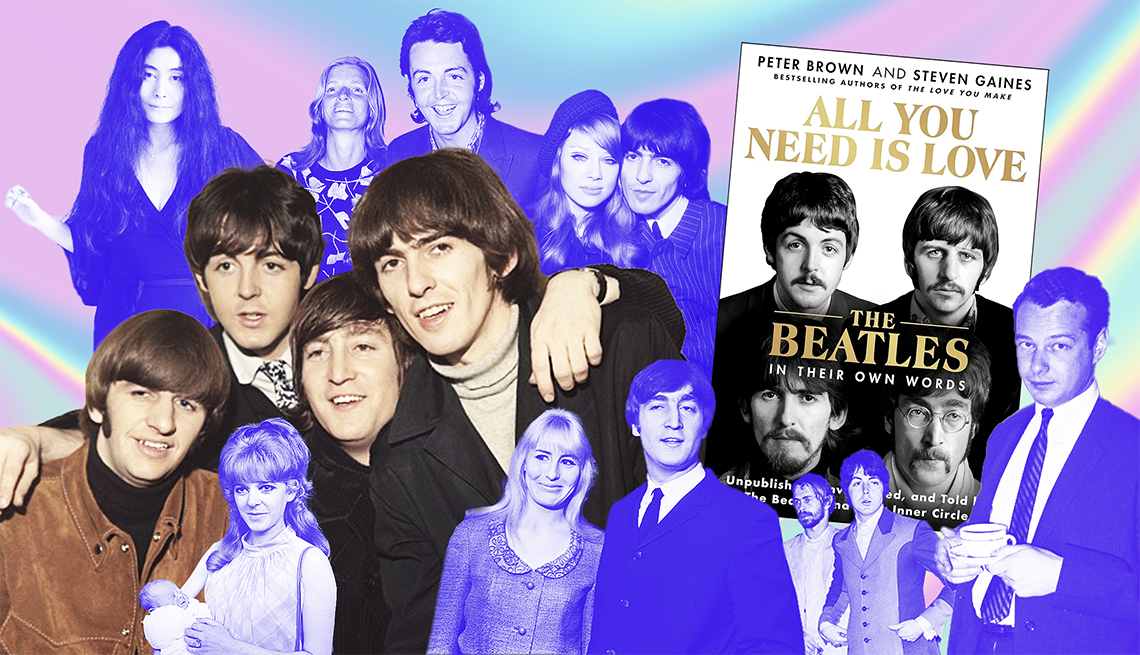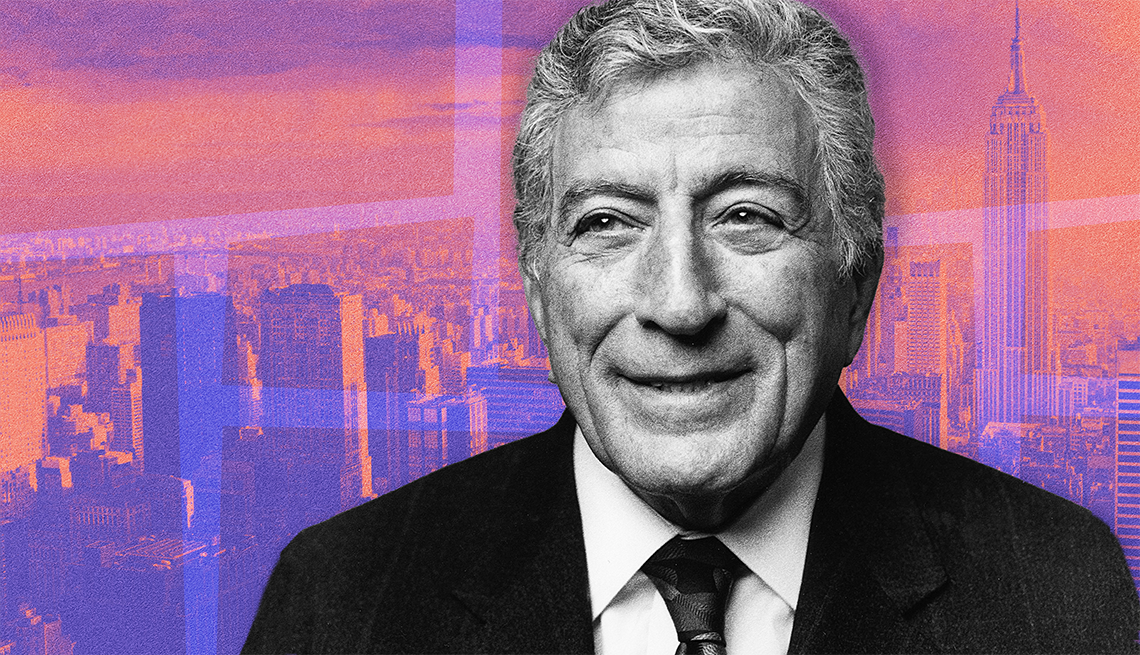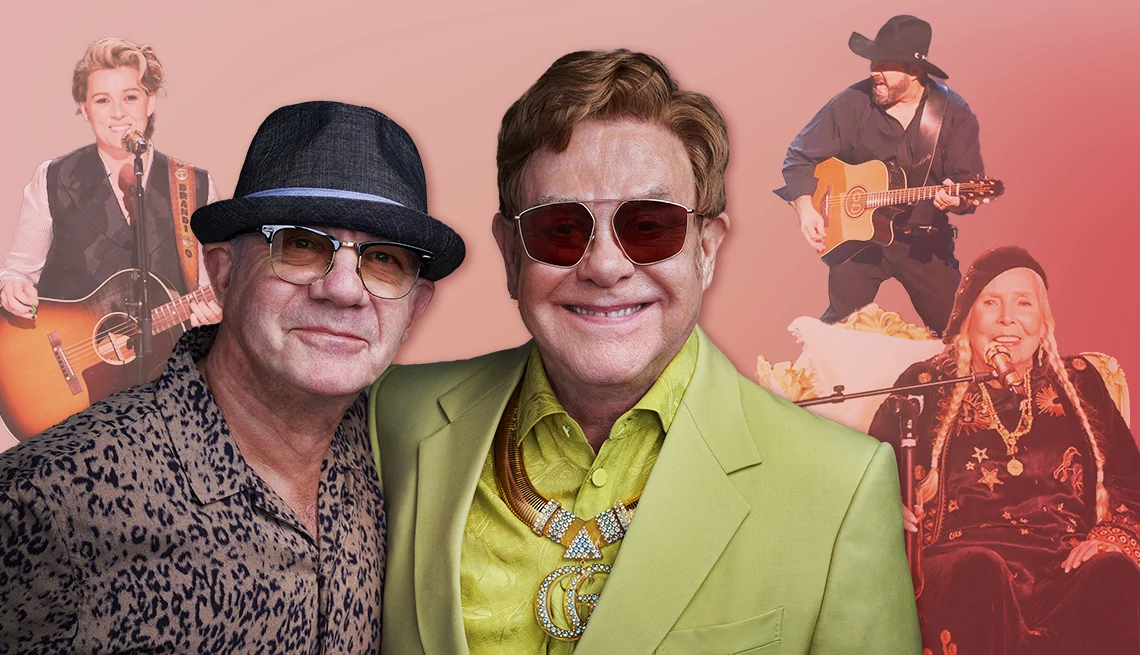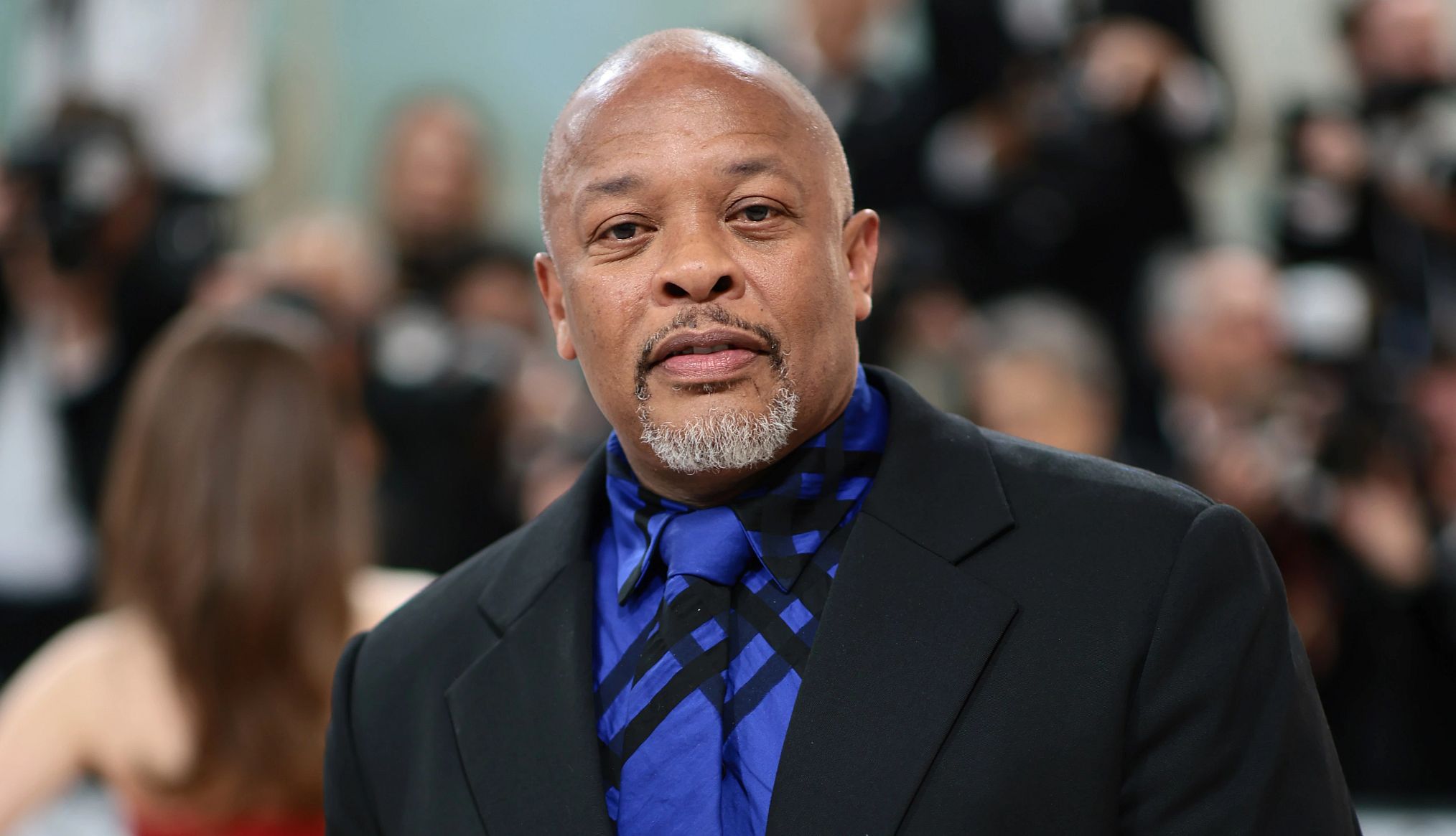Staying Fit
Music
Discover the best music, tours, songs, concerts and new releases
Making Music


AARP Membership
$12 for your first year when you sign up for Automatic Renewal
Get instant access to members-only products and hundreds of discounts, a free second membership, and a subscription to AARP the Magazine.
Videos
More on Music



























































